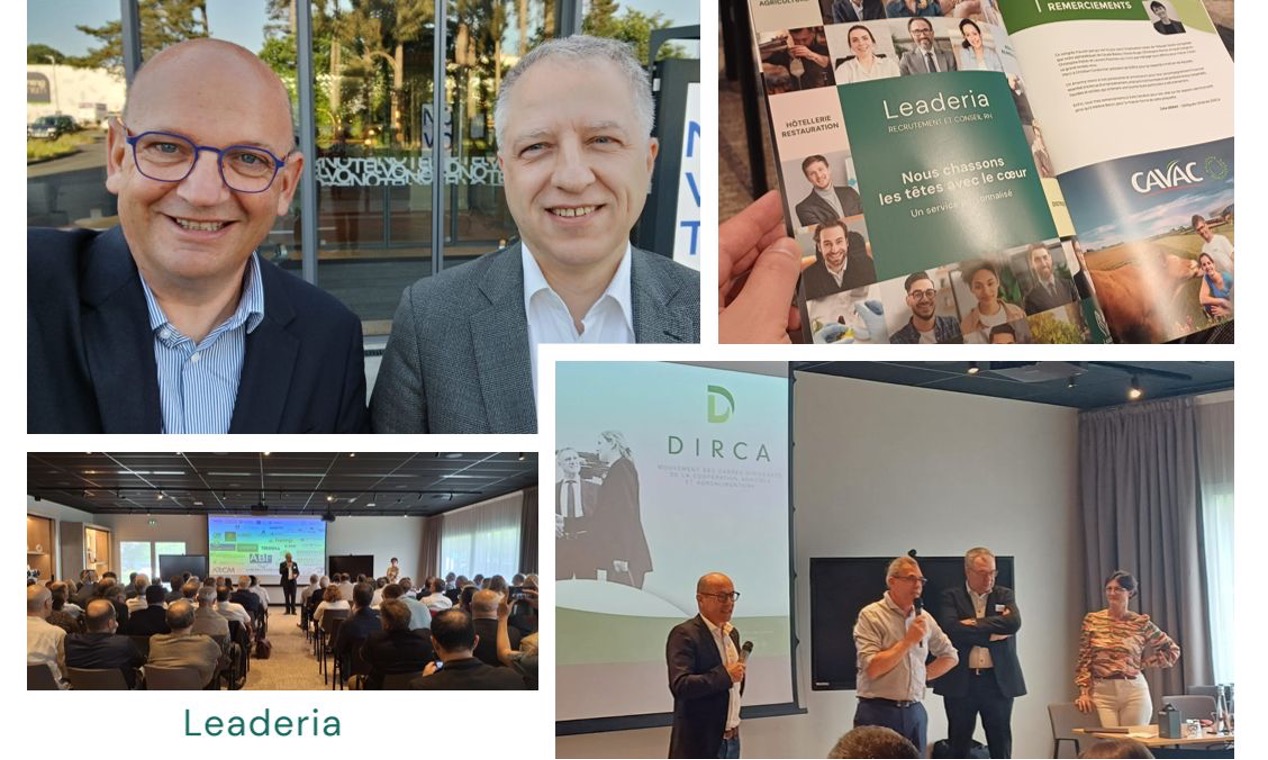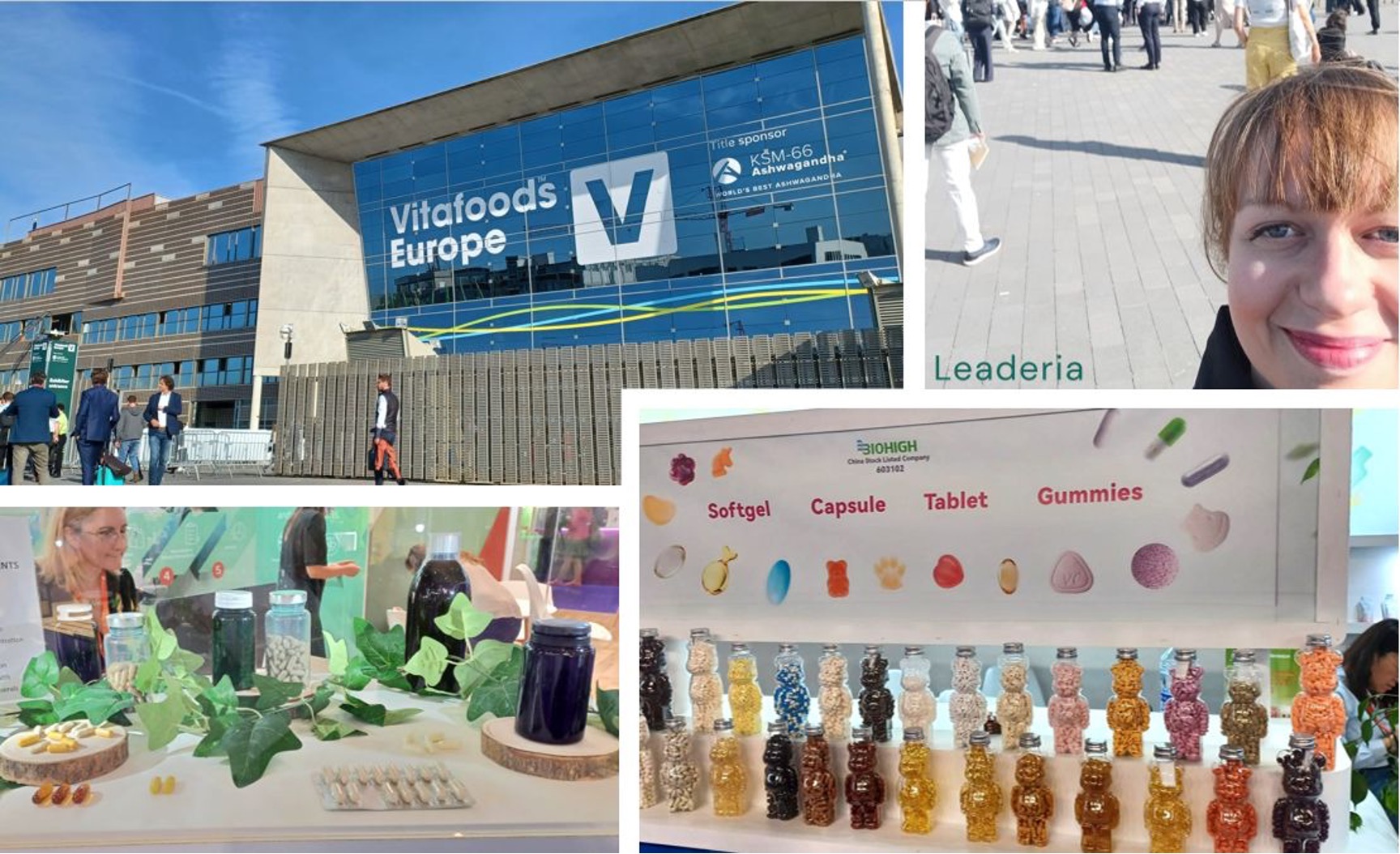
Some recent events have changed the way companies operate: health crisis, geopolitical crisis, social changes, etc.
However, not all organizations have a business continuity plan in place to ensure transition when navigating troubled waters. Change is not necessarily easy, and finding solutions requires specific skills, in particular experience and agility, especially for food companies:
- Agricultural
- Processing of raw materials
- Production and distribution of finished products
- Hotel and catering
When these skills are not available in times of crisis in the company, interim management can be a solution to address specific issues.
Due to his flexibility, his availability and his operational and managerial skills, the interim manager accompanies for the necessary duration – seven months on average – more and more companies in their needs to:
- Transformation
- Growth and internationalization
- Crisis management
- Officer Replacement
The economic situation that has affected the food sectors has developed an awareness of the needs of organizations in terms of agility and flexibility, as well as a desire for change in order to continue their activity in the best possible conditions.
From this observation, it follows that the interim manager is today more and more present within companies in the food and hotel and catering sectors because he meets these needs while ensuring operational efficiency and leadership. leadership assignments. Interim management provides a fast, effective and immediately operational solution, while guaranteeing flexible and essential change management, on various subjects:
- Changing supply chain processes
- Transforming Agricultural Machinery Production
- Go organic
- Or any other matter of managerial urgency
In this case, the difficulties of supply and the increase in the price of current raw materials lead organizations to review the production and distribution of their products. The transition manager is one of the keys to responding quickly and effectively to these change needs, while limiting costs, because he is neither an employee of the company, nor present beyond what is necessary: he leaves the organization as soon as the mission is over and the handover is done.
Ces articles pourraient vous intéresser

On a visité pour vous… Le congrès du DIRCA à Angers
Diriger dans l’incertitude : ce que nous retenons du Congrès annuel du DIRCA Alors que les coopératives agricoles et agroalimentaires sont confrontées à une série de mutations profondes — transitions environnementales, pressions réglementaires, bouleversements technologiques —, la question du leadership n’a jamais été aussi central. Le Congrès 2025 du DIRCA, le mouvement des cadres […]

Management de transition : quand l’expérience s’allie à l’IA
De la terre à la table, l’IA n’aura mis que quelques mois à s’installer à tous les étages de la chaîne de valeur et à redistribuer les cartes. L’IA optimise la logistique, réduit le gaspillage, fluidifie les parcours clients. Le rôle clé du management de transition Mais si l’IA peut […]

On a visité pour vous… Le salon Vitafoods à Barcelone
Vitafoods Europe 2025 : la nutraceutique confirme son envol De retour de Barcelone, Anaïs Deleau partage ses impressions sur l’édition 2025 de Vitafoods Europe, qui a réuni cette année encore les grands acteurs de la nutraceutique mondiale dans une ambiance résolument tournée vers l’innovation. Le marché confirme sa dynamique : 182 milliards […]